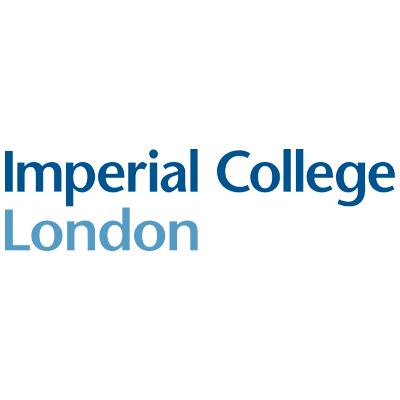MicroSTAR
Enabling rapid assessment of liquid formulation stability

Accelerating innovation in liquid stability testing
A pioneering test platform – MicroSTAR — has been developed which enables stability testing of liquid formulated products to be carried out over a significantly shorter timescale than current methods. This has the potential to revolutionise product development and innovation within the formulation industry.
The stability of a formulated product, such as a shampoo or laundry detergent, has implications on product performance, particularly with respect to transportation and shelf life. The need for lengthy stability testing is a key barrier to getting new products to market quickly. MicroSTAR will enable product formulators to test more rapidly and using a wide range of variable conditions, resulting in the ability to map most of the failure modes for a given formulation over significantly reduced timescales. This will ultimately enable risk-informed business decisions that integrate mechanistic understanding with empirical models.
CPI collaborated with Procter and Gamble, BP, Imperial College London, and Durham University to design, construct and develop the novel microfluidics-based MicroSTAR platform which has been demonstrated to quickly determine
whether a product will be stable over its anticipated lifetime and use within a significantly shorter timescale than traditional methods.
The work carried out by the partners also provided mechanistic insight into stability failures. This is a step-change in the understanding of current stability methods and can inform future formulation design.
This work was carried out as part of the strategic capability build for CPI’s National Formulation Centre.

“ MicroSTAR is enabling us to identify new stability models through experimentation and first principles mechanistic understanding, which we’ll use in future product innovation to deliver significantly reduced development times. This will allow us to bring new products that delight consumers, to market even faster. ”

Partners




Achievements
Inputs
- Funding via the Innovate UK National Formulation Centre grant and co-investment from industry partners
- Access to state-of-the-art formulation facilities
- Collaboration with leading industry experts with knowledge and expertise in liquid formulations, stability, and rheology
- Collaboration with leading academic experts in soft matter, microfluidics, and multi-pass rheometry
Outputs
- Development of a new microfluidics-based testing platform for liquid formulation stability
- Validated stability testing methods to accelerate product development
- Open-access facility created within CPI to support broader sector
- Mechanistic insights developed for product failure mechanisms
- Imperial College London post-doctoral researcher won L’Oreal UNESCO Women in Science Fellowship 2019
- CPI team members shortlisted for ‘STEM for Britain’ 2020 and runner-up in the Society of Chemical Industry Formulation Forum Award 2020
- Peer-reviewed publications
Outcomes
- Unique UK capability to enable accelerated stability testing across the formulation industry which can be accessed via CR&D programmes or fee for service
- Application into industry partner organisations

The challenge
Liquid formulations are complex multi-component, multi-phase systems which are inherently unstable. Stability challenges therefore affect formulated products across all market areas, including personal care and cosmetics, food, lubricants, agrochemicals and coatings. Current approaches to stability testing are time and resource consuming resulting in slow, incremental, empirical and costly product development, alongside being conservative and prone to over-formulation.
The development of a method to rapidly test a products’ physical stability and obtain key mechanistic insights addresses this need and generates key data to predict the stability of future formulations. This allows customers to allocate resources more efficiently to create smarter, more sustainable, and higher quality formulated products within faster timescales.
How CPI helped
CPI convened key partners from skilled academic centres of expertise and industry, combining k academic and real-world formulations knowledge to develop the next generation of rapid liquid formulation stability testing.
Working with project partners, CPI has created an operational MicroSTAR platform within its National Formulation Centre. This provides flexible access for customers and collaborators to assess the suitability of the MicroSTAR platorm with their products, with scope to then run accelerated stability test campaigns on their products. This has the potential to transform what would be weeks or months of product testing into a few hours of work.
Supporting the development of this project highlights how bridging different areas of expertise can accelerate innovation and create next generation formulation processes, creating a more agile timeline for product commercialisation, reducing waste, delivering higher quality products to the consumer, and enhancing productivity.
Related
Technologies
Markets
Let's innovate together
To discover how CPI can help your business, speak to one of our experts today.
Contact Us